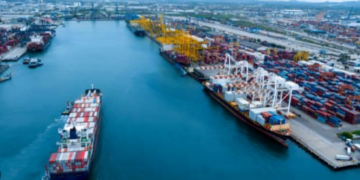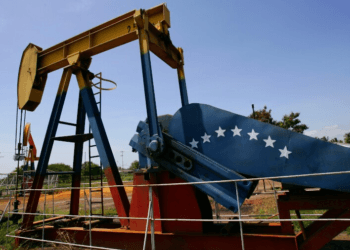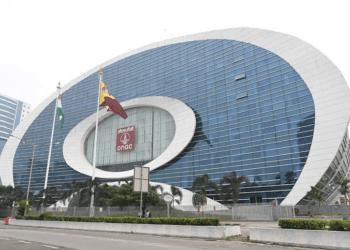Athira Sethu
Kochi, 20 June 2025
Vessels globally are altering their normal routes of travel to avoid the Strait of Hormuz. It is among the busiest oil passage routes in the world. But due to increasing tensions between Israel and Iran, most ship captains are attempting to do so to remain safe.
Internet websites such as MarineTraffic, which monitor vessels in real time, indicate an increasing number of ships are diverting. Rather than traveling straight through the Strait, they are taking longer but safer routes to sidestep potential hazard.
Navigation Problems Reported
On June 13, there began to be reports of issues with navigational systems on ships in the vicinity of Iran’s Bandar Abbas port and the Strait of Hormuz. The issues are due to electronic interference, said the US-led Joint Maritime Information Centre (JMIC). Ship operators have become even more cautious as a result.
More Warnings and Extra Caution
Industry groups, such as BIMCO, have reported ship owners are being cautious. Others are even staying clear of the Arabian Gulf altogether. Greece and the UK, for instance, have cautioned their ships to be cautious and to log their movements as they approach the Strait. Although the Strait remains open for now, these warnings are causing shipping companies to get on edge.
Shipping Costs Are Going Up
Since more ships are covering greater distances and sailing through riskier waters, expenses are increasing at a rapid rate. On Friday, figures from Kpler indicated that the cost of shipping oil from the Gulf to China increased 24% in one day. That was the largest jump of the year.
Experts predict these prices will continue to increase. One reason is that insurance providers are beginning to add extra “war-risk” charges. Although official shipping costs haven’t shifted yet, they are already more expensive for many.
What This Means for Global Trade
Approximately 20% of the Earth’s oil travels through the Strait of Hormuz. When fewer ships pass through, deliveries of oil can be reduced, and oil prices can increase. It also impacts the shipping industry in general, not only oil, since vessels take longer and pay more in insurance.
Because of conflict in the area, numerous vessels are steaming clear of the Strait of Hormuz. This is lengthening journeys and increasing costs. Until matters improve in terms of safety, the world shipping sector will incur additional costs and delays.





















